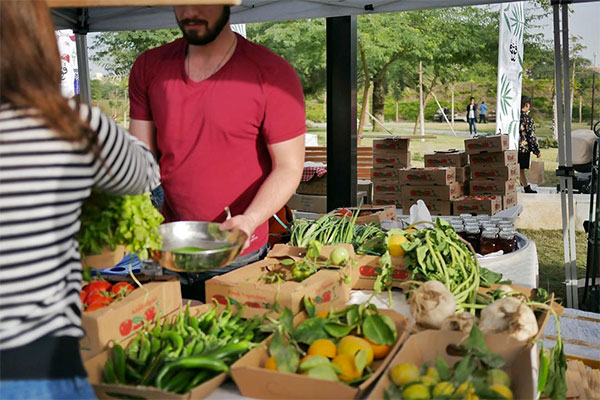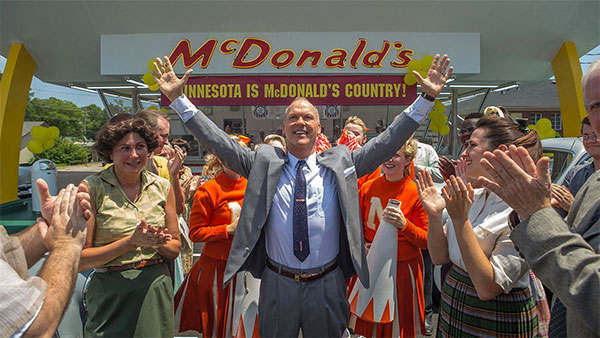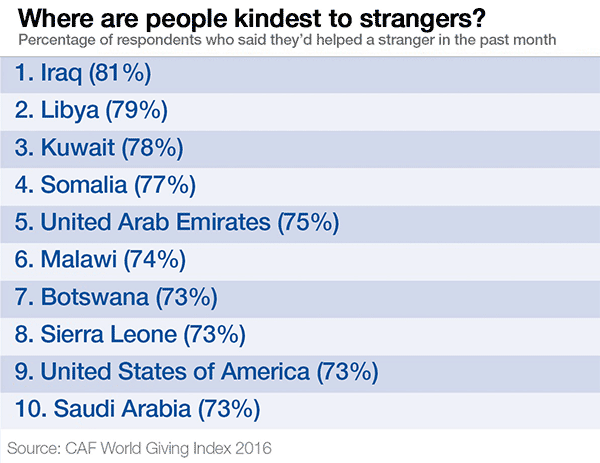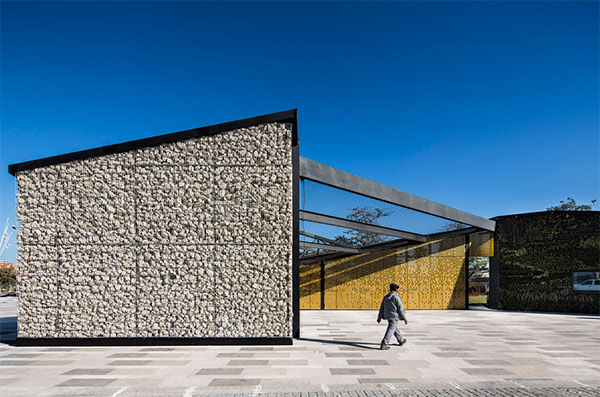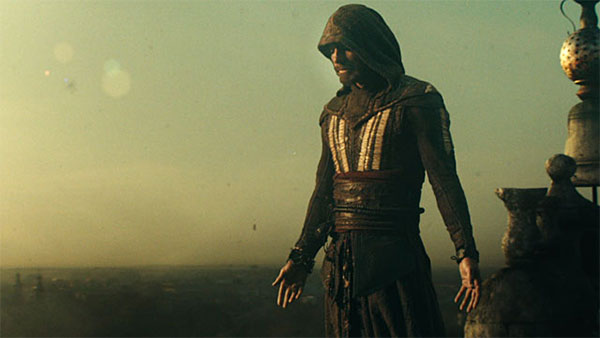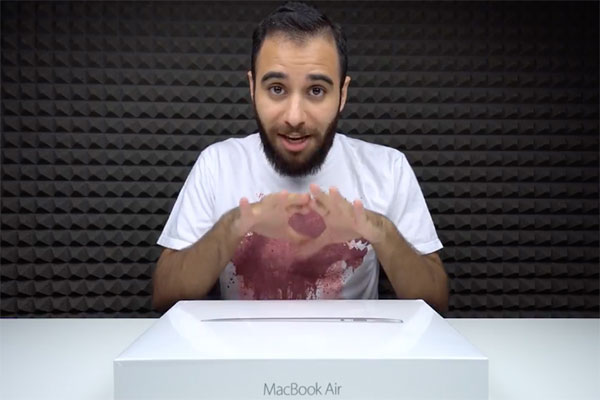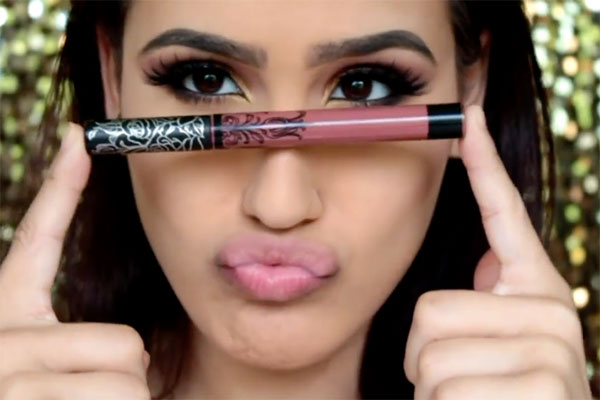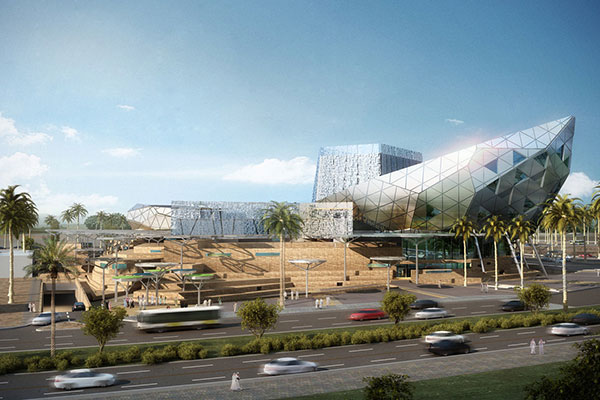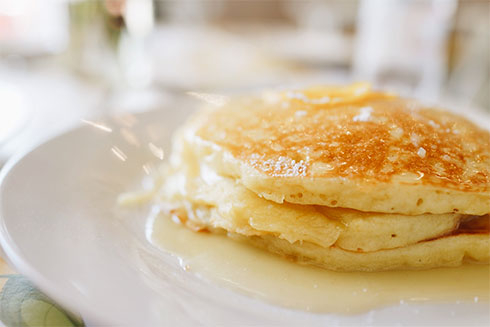
This is an updated list of some popular breakfast places in Kuwait. Compared to the previous list I removed some places that had shutdown, added some new spots, updated the timings on some and also highlighted my favorite spots:
Baking Tray
8:00 AM – 1:00 AM
Baker & Spice
Weekdays: 8AM to 1PM
Weekends: 8AM to 2PM
Breakfast Club
KIPCO: 6AM to 12AM
Mahboula: Open 24 hours and breakfast all day
Cheesecake Factory
Friday & Saturday: 10AM to 2PM
Cocoa Room ★
8AM to 12PM
Dar Hamad
8AM to 11:50AM
Dough Cafe
8AM to 2PM
Early Bird ★
Fahaheel: 5AM to 3PM
Jabriya: 5AM to 5PM
Eggcellent
Weekdays: 6:30AM to 2PM
Saturday: 7:30AM to 3PM
Friday: Closed
Gia
Weekdays: 9AM to 12PM
Weekends: 9AM to 1PM
IHOP
Jabriya: Open 24 hours and breakfast all day
Mahboula: Open 24 hours and breakfast all day
Johnny Rockets ★
Salmiya: Open 24 hours but breakfast only from 7AM to 12PM
Ladurée
360 Mall: 9AM to 2PM
Le Pain Quotidien
Marina Crescent: 7:30AM to 11PM
McDonalds
Gulf Road: 6AM to 11AM
Prime & Toast
Seef: Open 24 hours and breakfast all day
Q at The Yard
Weekdays: 7AM to 1PM
Weekends: 8AM to 6PM
Ryoog
6AM to 11PM
Street by Al Makan ★
Saturday: 9:30AM to 2PM
Yellow Lemon
Sunday to Tuesday: 8AM to 4PM
Wednesday to Saturday: 8AM to 7PM
Zaatar W Zeit
Marima Crescent:7:30AM to 12:30AM
★ My favorite places
